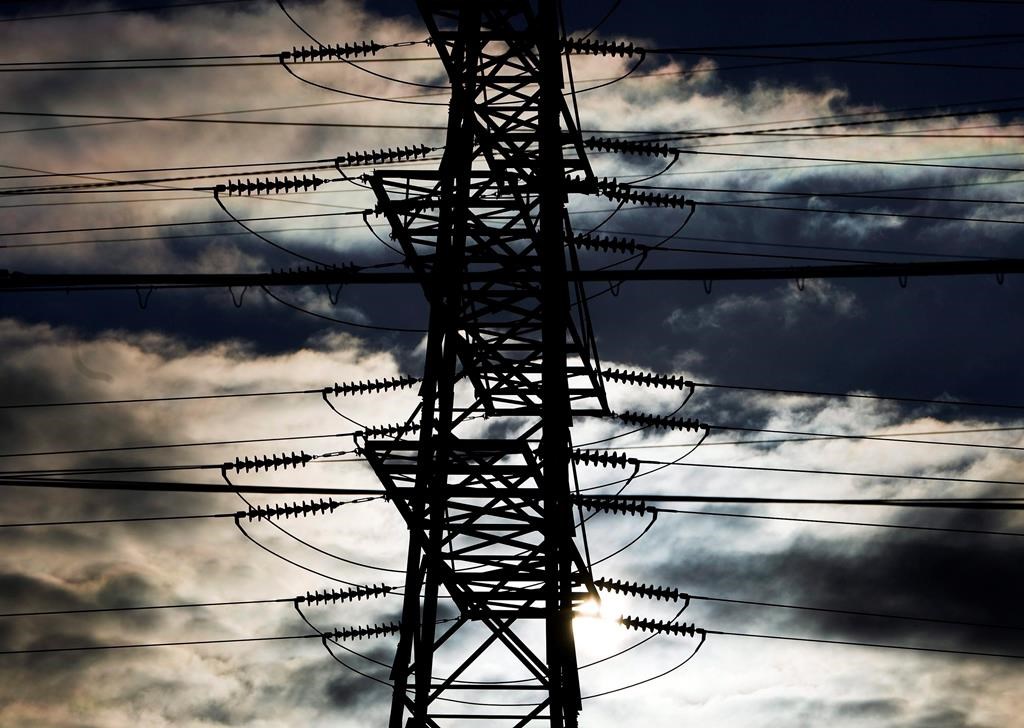A Hydro One spokesperson says after a raccoon knocked out power to thousands of people in downtown Toronto, the utility is looking at ways to make sure the city’s unofficial mascot stays out of transmission stations.

Officials say about 7,000 customers in the city’s downtown were without power for more than two hours last night after a lone raccoon made contact with a transformer at a transmission station in the Church-Wellesley area.
Hydro One spokesperson Tiziana Baccega Rosa says crews were able to confirm that the outage was caused by the raccoon “because the animal was unfortunately there on site and had perished when they arrived.”

Get breaking National news
She says animals are often attracted to the warmth emanating from power stations.
Baccega Rosa says the utility takes the situation “very seriously” and will look at “whatever measures” it can put in place to prevent similar outages from happening again.
She pointed to the utility’s other animal protection efforts, such as when crews build elevated platforms to help dissuade osprey from nesting on top of electricity poles, where the nests could be at risk of tumbling onto the lines below.
Preventing animal-related outages at power stations can look like building an enclosure around certain equipment, she said.
“When we realize, ‘OK, animals have taken to the station,’ in some places its known based on environmental information and others it’s sort of like, this is a new spot or did they break through something,” she said.
“So, I think there’s more to learn about on our end.”







Comments